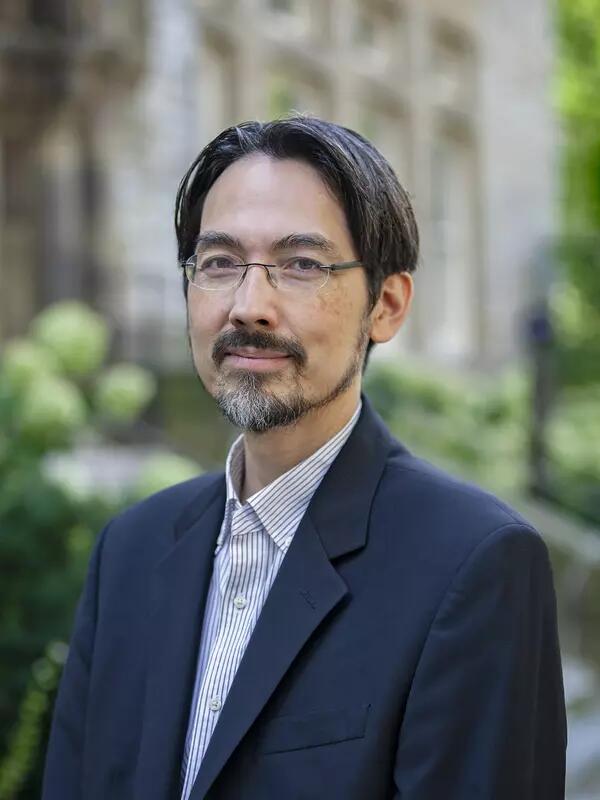
Welcome: Phillip Y. Lipscy, inaugural Director of the CSGJ
Professor Phillip Y. Lipscy has joined the Munk School of Global Affairs & Public Policy as the director of the Centre for the Study of Global Japan. An associate professor of political science, Lipscy will also assume the role of Chair in Japanese Politics and Global Affairs at the University of Toronto.
The Munk School’s Interim Director, Professor Randall Hansen, commented, “I and everyone else at Munk are delighted to welcome Phillip as the inaugural director of the Centre for the Study of Global Japan. Phillip comes to us from Stanford, where he established an international reputation as a leading scholar on Japanese politics and diplomacy. We are very lucky to have Phillip as part of our team. I look forward to working with him to expand the Centre into a global hub for academic research, teaching, and public outreach concerning Japanese politics and foreign policy.”
Professor Lipscy has published widely on Japanese politics and foreign policy. He co-edited a volume about the Democratic Party of Japan, Japan’s ruling party from 2009–2012, and he is working on a similar volume about the current Abe government. He is also an expert on Japanese international diplomacy, energy and climate change policy, and political economy. His book, Renegotiating the World Order: Institutional Change in International Relations, was published from Cambridge University Press in 2017.
“My goal,” writes Lipscy, “is to make our Centre the first place scholars, students, policymakers, and the general public seek out to understand more about contemporary Japan. I look forward to collaborating with my colleagues at the University of Toronto and beyond to realize this vision.”
As we welcome Professor Lipscy, the faculty and staff of the Centre would also like to express our gratitude to the outgoing Interim Director, Professor Louis W. Pauly. Pauly, who is the J. Stefan Dupré Distinguished Professor of Political Economy, played a leading role in the establishment and development of our Centre. Under his leadership, the Centre has hosted numerous events on a variety of topics relevant to contemporary Japan. He was also deeply involved in the Kakehashi Program, which gives University of Toronto students the opportunity to visit Japan and become future “bridges” between our two countries. He will continue to remain active as an affiliated faculty member of the Centre.

